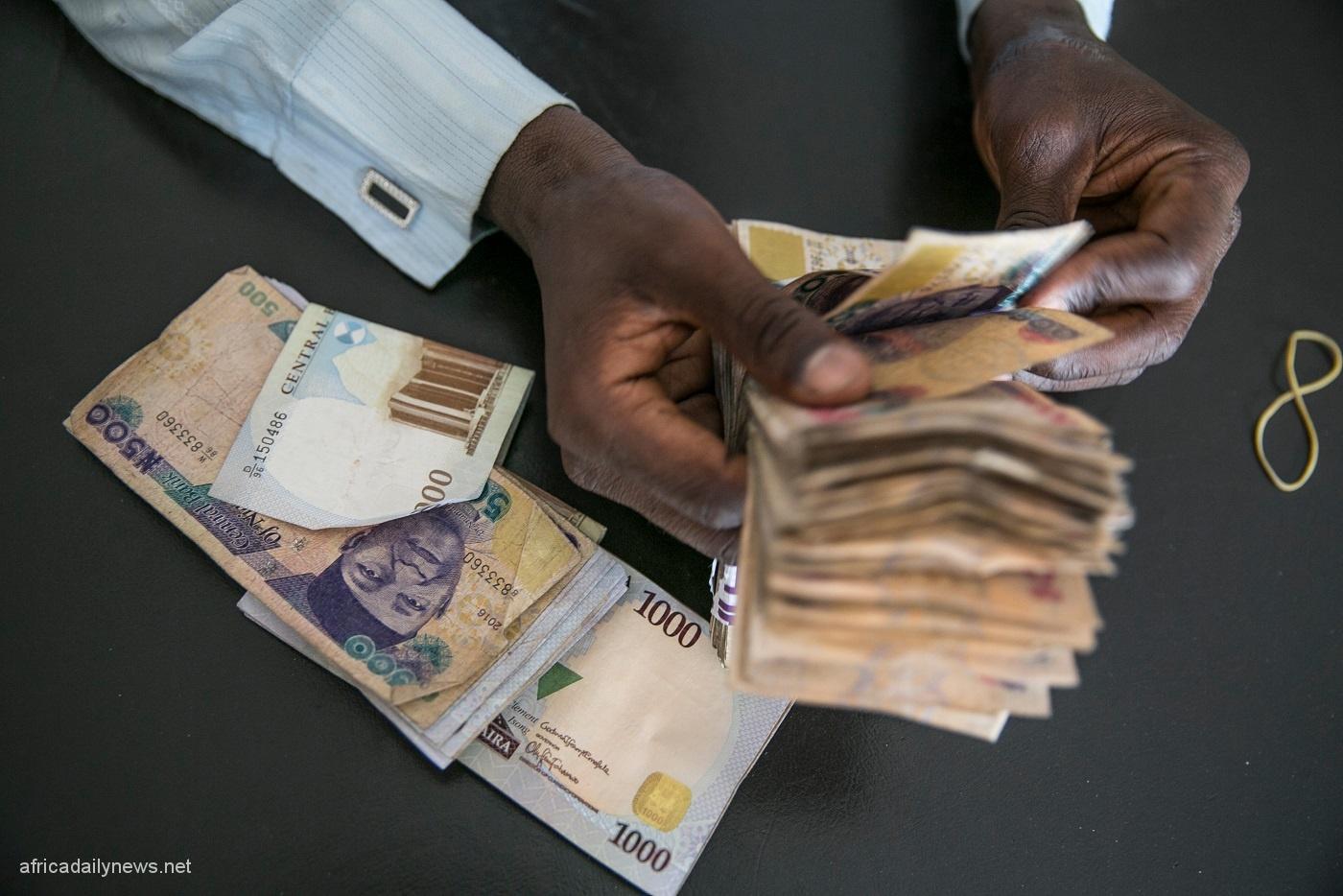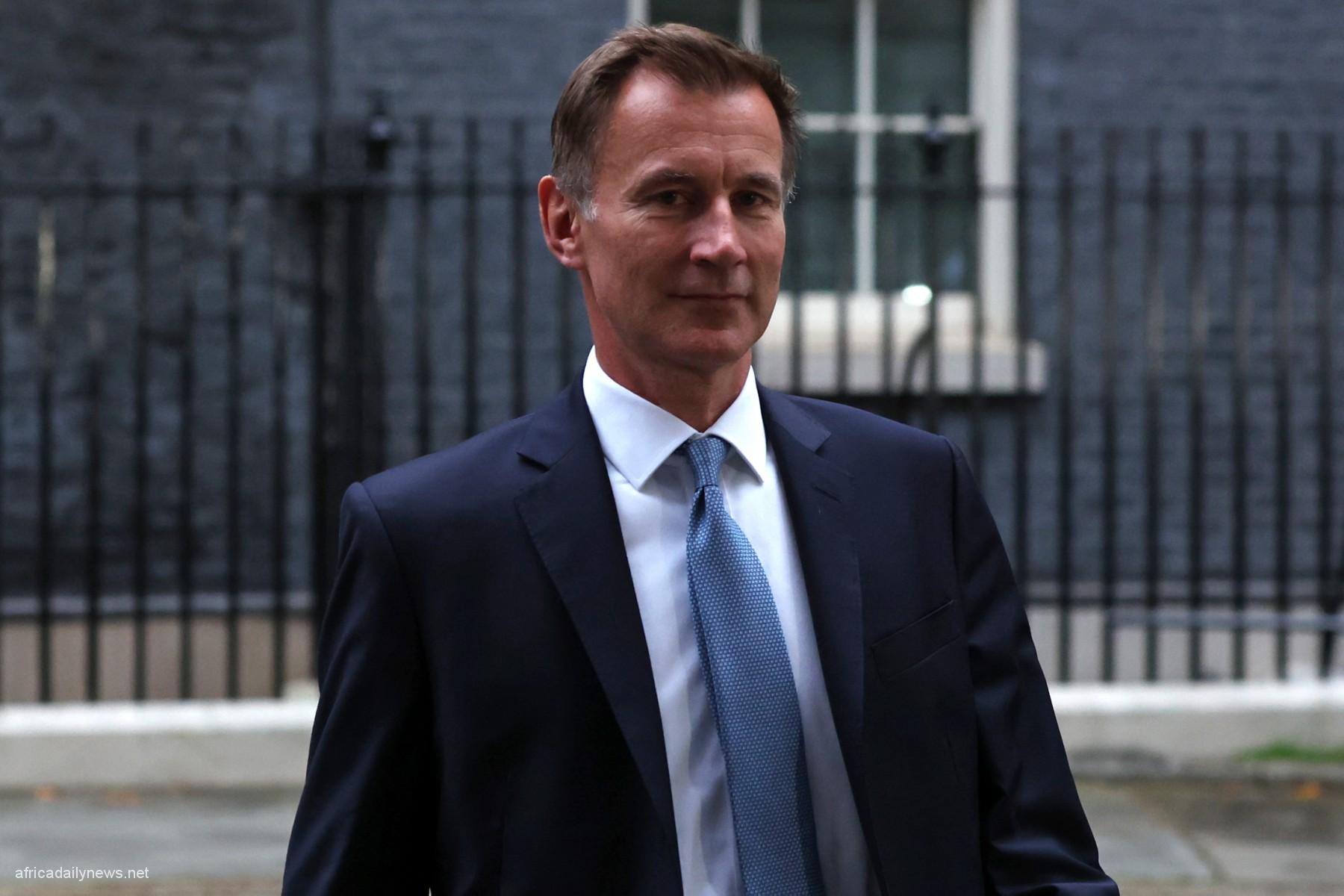The ripple effect of the Central Bank of Nigeria’s (CBN) decision to completely prohibit individuals and local firms from investing in both its primary and secondary Open Market Operations (OMO) auctions has continued to reverberate in the financial market.
The policy, coupled with the banking sector regulator’s decision to review downward, bank charges, which became effective at the beginning of the year, are all targeted at shifting both banks and fixed income investors away from easy money.
Presently, treasury bills rates have dropped to single-digit, from about 13 per cent before the policy on OMO restriction was implemented.
In fact, average yield across all treasury bills tenors rose stood at 3.7 per cent at the end of last week.
The greatest beneficiary of the OMO restriction policy is the stock market which saw investors recording growth of N1.88 trillion in their investment, in January, while the market recorded a turnover of 9.877 billion shares worth N129.626 billion. Having declined by 14.6 per cent last year, stakeholders were upbeat that the market would recover this year as investors embarked on bargain hunting.
In addition, the central bank had directed banks to shore up their minimum loan-to-deposit ratio (LDR) to 65 per cent. The CBN had in July, directed commercial banks to maintain a minimum Loan to Deposit Ratio (LDR) of 60 per cent effective from September 30, 2019. However, at the end of September, the stipulated minimum level was raised to 65 per cent, which the regulator said it was satisfied with the level of compliance.
The policy was to encourage SMEs, retail, mortgage and consumer lending.
In his assessment of the LDR policy, the CBN Governor, Mr. Godwin Emefiele, said the credit conditions in the banking system has since improved due to the policy.
Emefiele said the measures have placed Nigerian banks in a much better position towards supporting a stronger economic recovery.
The CBN Governor had said the vision for the Bank, over the next five years, would be primarily driven by the need to support continued growth and development of the Nigerian economy.
Specifically, in his five-year policy thrust for a second term in office as the CBN governor, he had said: “Our vision would be to ensure the Central Bank of Nigeria is more people-focused, as its policies and programmes would be geared towards supporting job creation, reducing the high level of treasury bills rates, improving access to credit for MSMEs, deepening our intervention programme in the agricultural sector, building a robust payment system infrastructure that will help drive inclusion, in addition to key macroeconomic concerns such as exchange rate stability, financial system stability and maintaining a strong external reserve.”
The President, Chartered Institute of Bankers of Nigeria (CIBN), Dr. Uche Olowu, pointed out that no economy has grown without access to capital.
He added that without access to capital, there is nothing that businesses could do to move forward. He expressed optimism however that banks will move the needle on lending in 2020.
On his part, the Chairman, Association of Securities Dealing Houses of Nigeria (ASHON), Chief Oyinyechukwu Ezeagu, advised the CBN to sustain the minimum LDR and OMO restriction policies.
Ezeagu, explained that the OMO policy has been very beneficial to the stock market, noting that the fall in interest rate created opportunities for higher return on equity (ROE) and investors are taking advantage of the inverse relationship between the money market and capital market.
Commenting on the CBN OMO policy, the Chairman/CEO, DLM Capital Group, Mr. Sonnie Ayere, pointed out that historically, interest rates in Nigeria have always been high.
This, he said could be directly attributed to the monetary system in vogue since 2009, which sought to use FGN bonds/T-bills and OMO bills as a means of attracting forex into Nigeria to help stabilise the naira.
According to him, following the long unnecessary spell of extremely high interest rates in Nigeria, from 2009 to 2019, it was gratifying to see that once again, it is possible to experience the rebirth of a sustainable credit economy in Nigeria; one that can support ordinary citizens as well as infrastructure growth.
“Yes, many commercial bankers, pension fund managers, asset managers and traditional buy-side investors do not like these lower rates. Some use old archaic economic theories that question how inflation (at 11%) can be higher than the treasury risk free rate (at 3%).
“Even when you look at inflation against yields on fixed income securities, it would be inflationary expectations that an economist will analyse and not the spot inflation per se.
“Why so? If I were to purchase a 10-year bond, with a coupon rate of 10 per cent and spot inflation is 11 per cent today, you could argue that you are getting a negative return today. However, this would only be for the first year as inflation the next year could be nine per cent or could even have dropped to seven per cent in year five and so on,” Ayere explained.
He stressed that no economy can expect sustainable real growth when long term rates are above single-digit.
He noted that in order to attack inflation in Nigeria, there is need to combat high cost of the factors of production, that is power, infrastructure (hard & soft), logistics, transportation, and a host of others.
Long-term funding therefore becomes critical, most importantly the cost of financing at the risk-free rates that make our commercial banks, pension funds, etc, happy, he added.
“Financing these critical components of economic development for the country become utterly impossible, leaving us in the rot we have become accustomed to. However, with Emefiele’s silver bullet, projects that will reduce the cost of production in Nigeria and enable us morph into a country that can produce competitively rather than continuously import, begins to actualize.
“The lower interest rates you see today is a matter of basic economic supply and demand, induced by removing domestic investors from CBN’s OMO. Henceforth, domestic investors have been directed by the CBN to buy domestic securities issued by the Federal Republic of Nigeria, namely Treasury Bills and FGN Bonds.
“Nigerians, lets support this crucial initiative from the CBN for a brighter tomorrow and let’s help ourselves breakout from our history of round tripping banking,” he added.
On his part, the Co-founder at CardinalStone Partners Limited, Mohammed Garuba, stressed that with the OMO restriction policy, the CBN is trying to normalise what he described as uncertainty in the money market.
“Banks were set up primarily to intermediate and that is what the CBN is trying to make them do, not to be buying treasury bills and bonds. “So, banks are gradually being made to do their primary job. So, now we would start seeing economy-reflective financial performance. “Banks were focused on deposits which they would channel into treasury bills and you say you are a bank? Now, the central bank is more focused on banks playing their intermediation role,” the CardinalStone Partners boss stated.
Slash in Bank Charges
The CBN had in circular titled, ‘Guide to Charges by Banks, Other Financial, and Non-bank Financial Institutions,’ which becomes effective from January 1, 2020, amongst others, announced the downward review of charges for electronic banking transactions; review of other bank charges to align with market development and the inclusion of new sections on accountability/responsibility and a sanction regime to directly address instances of excess, unapproved or arbitrary charges.
Some of the major highlights of the new Guide to Bank Charges include the removal of Card Maintenance Fee (CAMF) on all cards linked to current accounts, a maximum of N1 per mille for customer induced debit transactions to third parties and transfers or lodgments to the customers’ account in other bank on current accounts only; reduction in the amount payable for cash withdrawals from other banks’ Automated Teller Machines (Remote-on-us), as well as from N65 to N35, after the third withdrawal within one month.
Other reductions include Advance Payment Guarantee (APG) which is now pegged at maximum of one per cent of the APG value in the first year and 0.5 per cent for subsequent years on contingent liabilities.
Also, for cards linked to savings account, the maintenance fee has been reduced to a maximum of N50 per quarter, from N50 per month, amounting to only N200 per annum instead of N600.
Furthermore, there will be no more charges for reactivation or closure of accounts such as savings, current and domiciliary accounts while status enquiry at the request of the customer (like confirmation letter, letter of non-indebtedness and reference letter) will now attract a fee of N500 per request.
On Current Account Maintenance Fee (CAMF), the Guide expressly stated that this would be applicable only to current accounts in respect of customer-induced debit transactions to third parties and debit transfers/lodgments to the customer’s account in another bank. It stated that CAMF was not applicable to Savings Accounts.
Among other reduction, to guard against excess, unapproved or arbitrary charges by banks and other financial institutions, the Guide stipulates a penalty of N2,000,000 per infraction or as may be determined by the CBN from time to time for financial institutions that breach any provision of the guide.
Shedding more light on the new bank charges, Emefiele said: “The CBN has been receiving commentaries by bank customers about bank charges. Normally, these charges are reviewed every five years.
“But this time, we decided that in order to assuage the feelings of bank customers, that we should review downward some charges. Like you can see, the various charges that have been reviewed, that would be published from Monday (today), you will find that we have taken into consideration, the interest of bank customers and we would continue to review this
“Where we find out that there are pains being borne by bank customers, we would try as much as possible to ameliorate such pains, so that banks are not seen to be extorting the customers in unfair manners.”
Also, the Director, Corporate Communications, CBN, Mr. Isaac Okorafor, explained that the move was in furtherance of the central bank’s quest to make financial services more accessible and affordable to various stakeholders in the economy.
Clearly, while the slash in bank charges is expected to be beneficial to bank customers, the significant drop in treasury bills rate would compel banks to channel credit to the real sector of the economy and adopt sustainable banking models.
THISDAY










